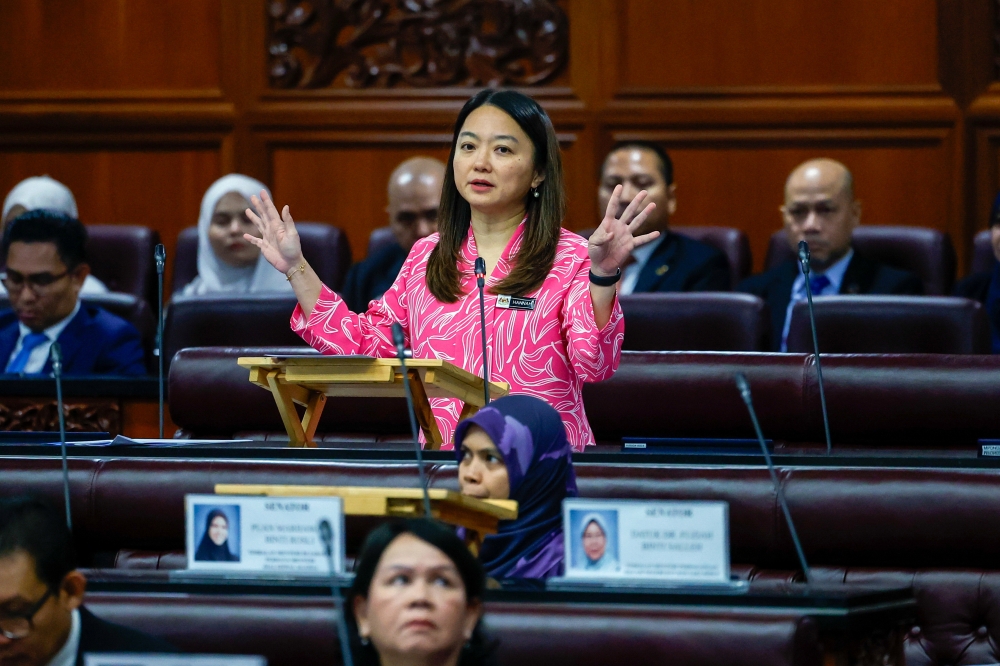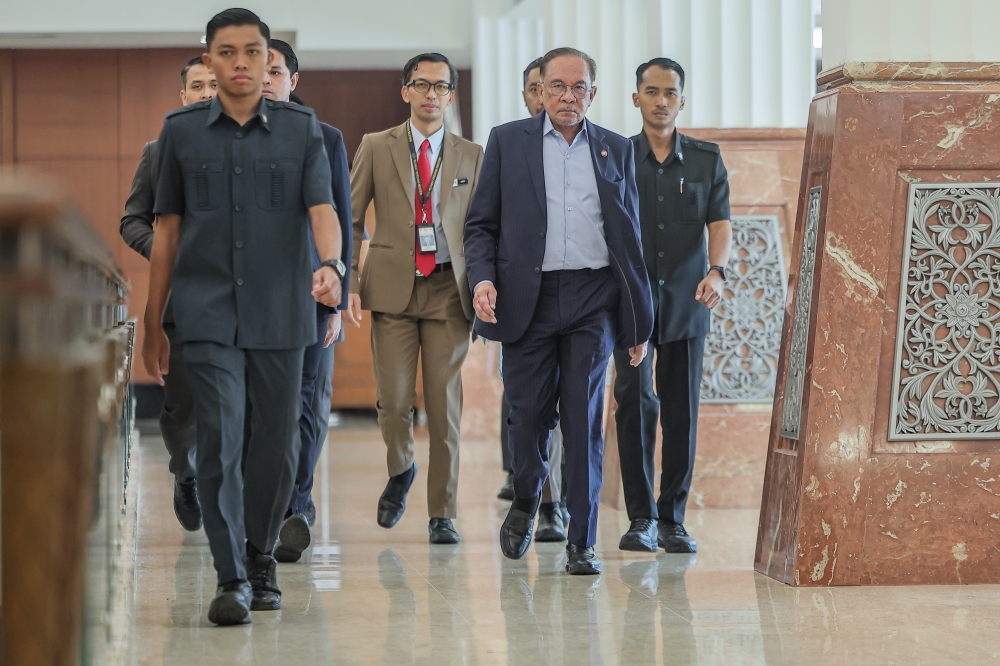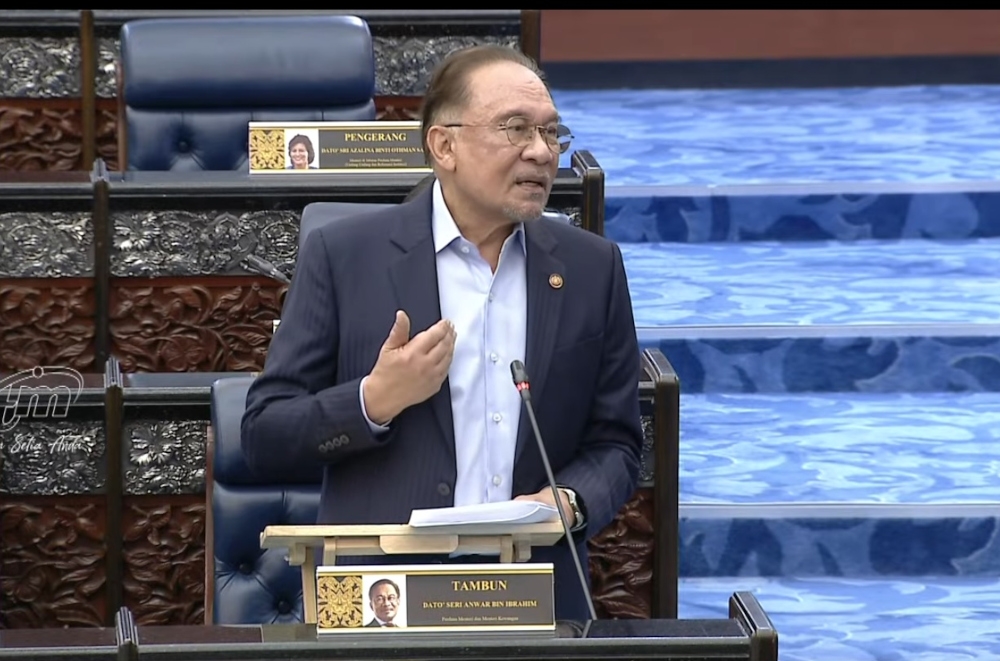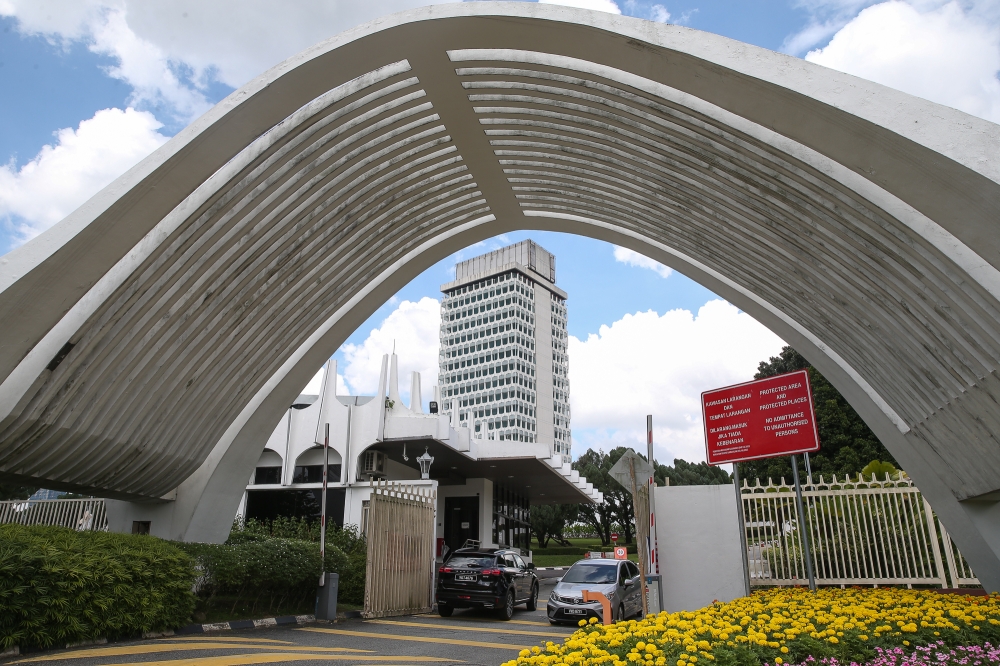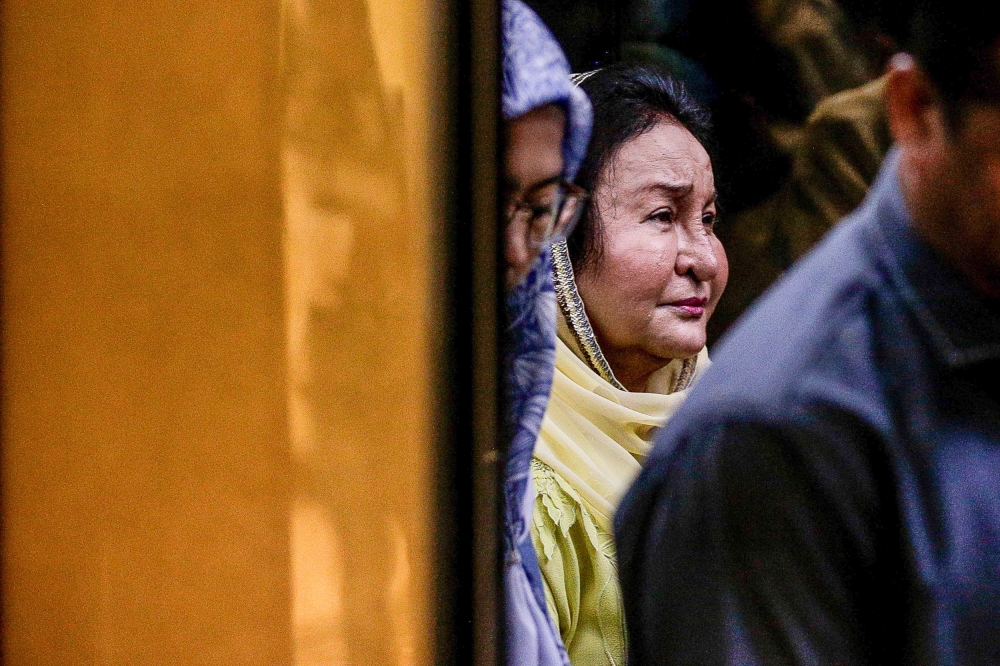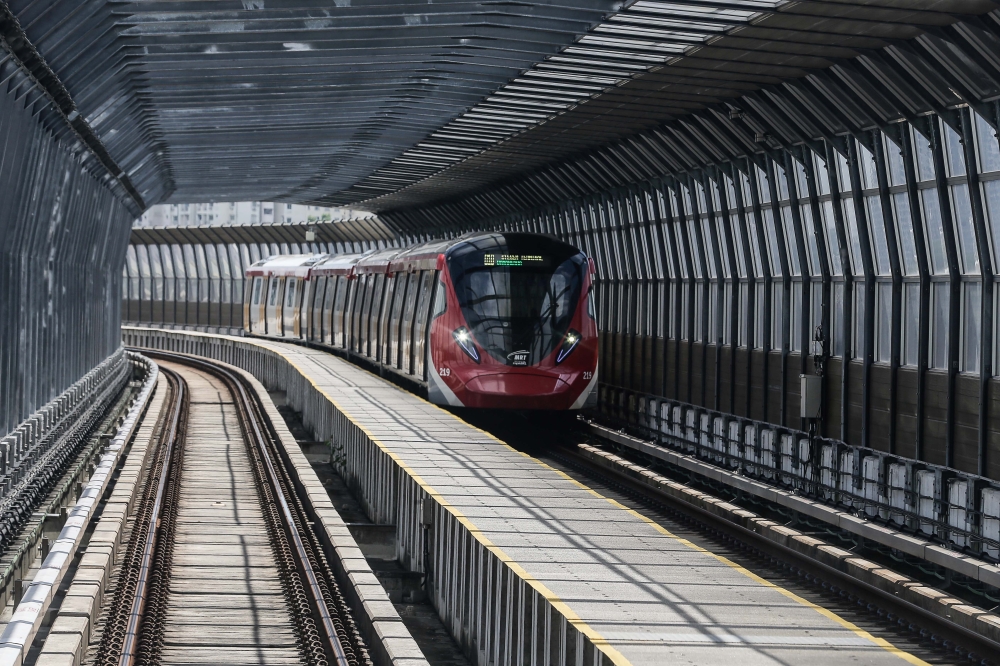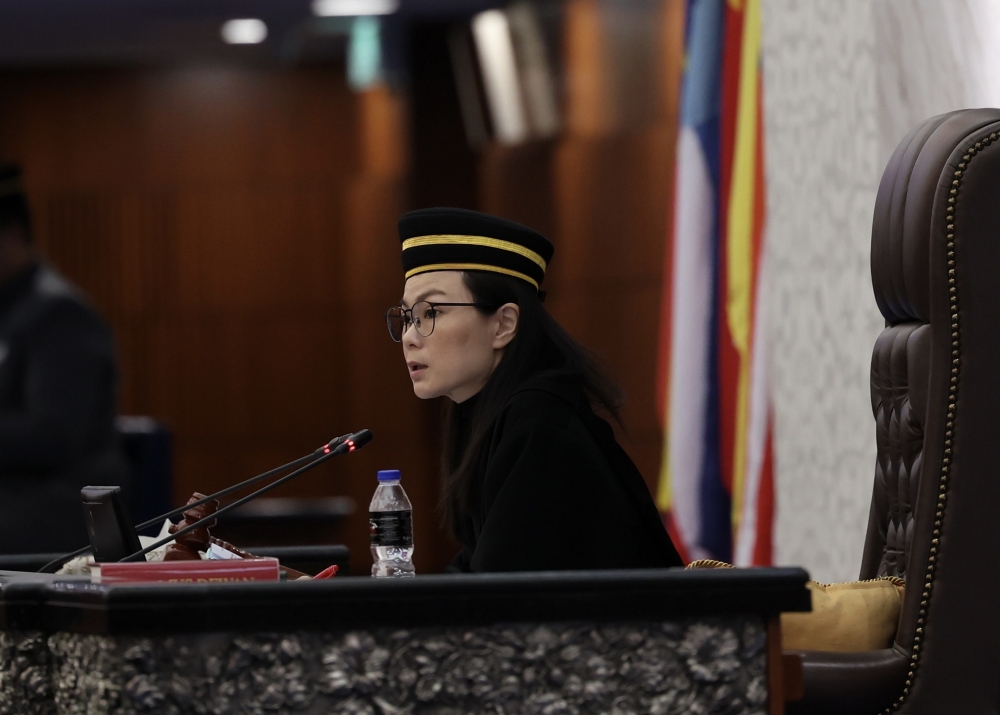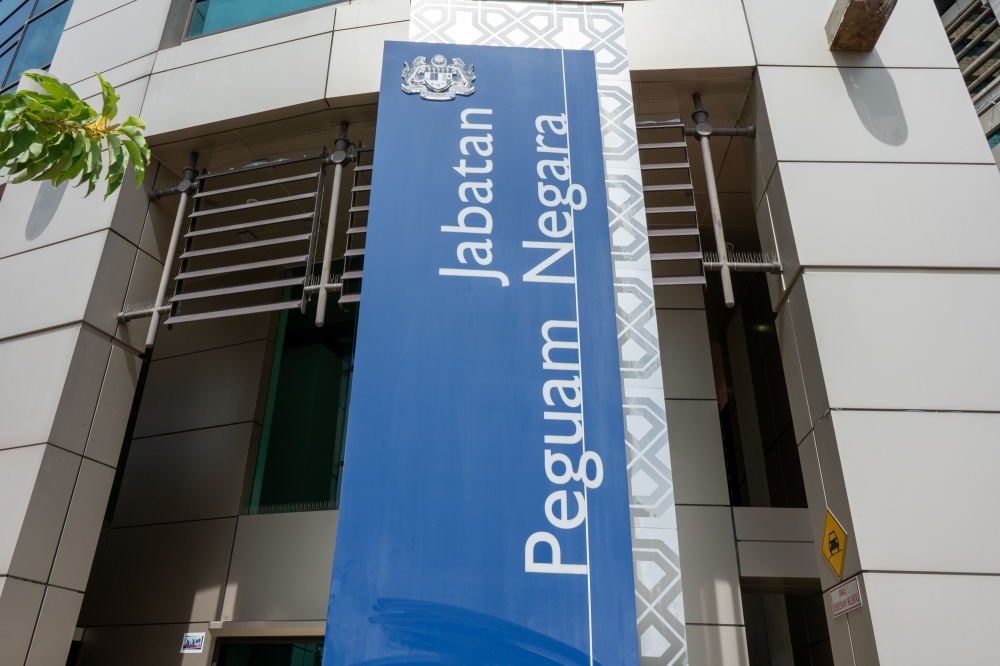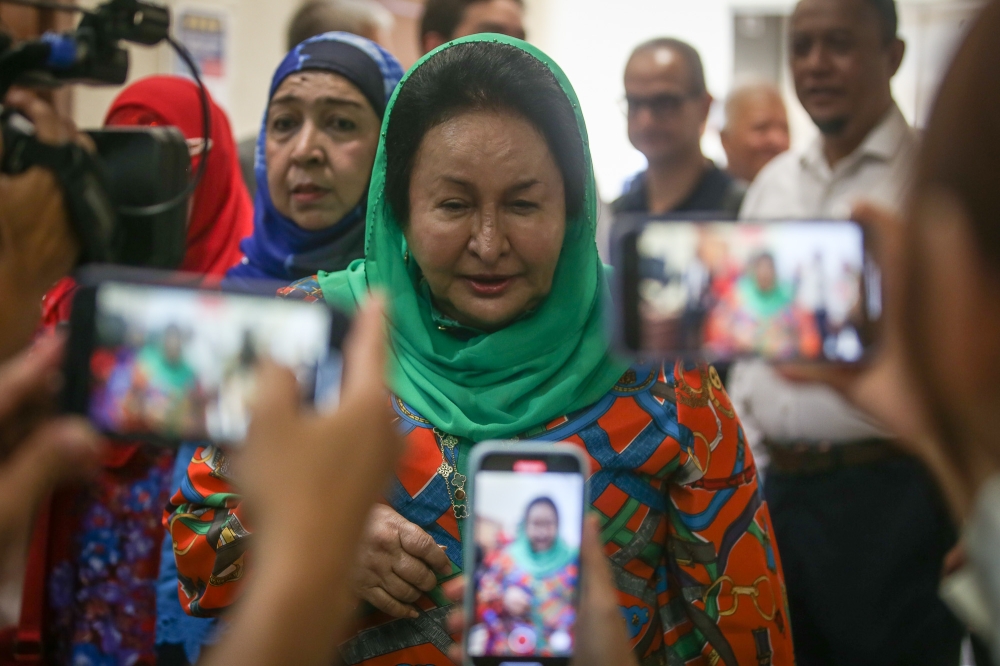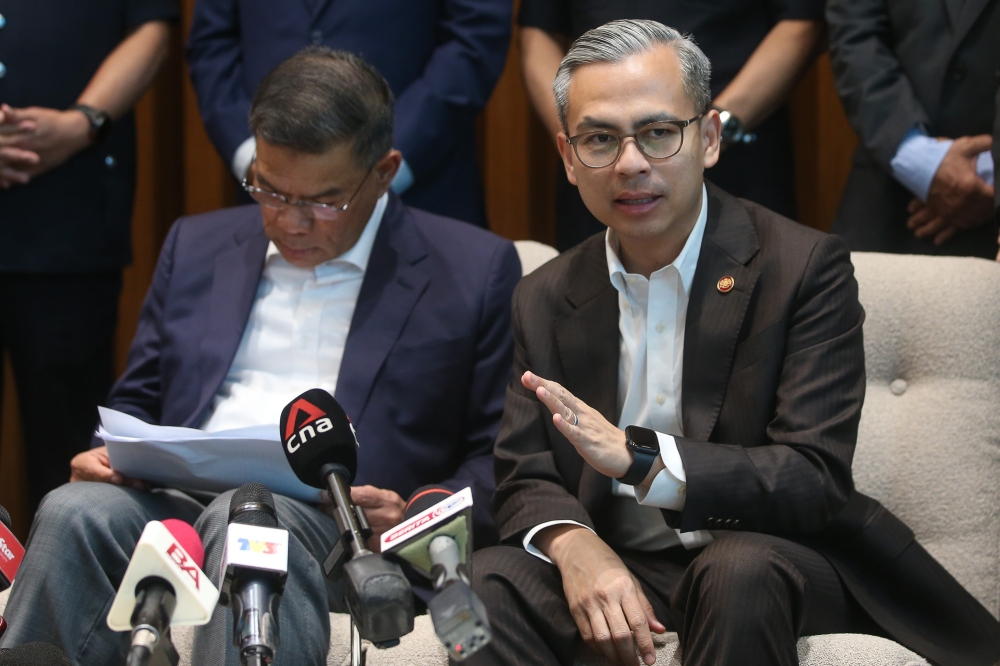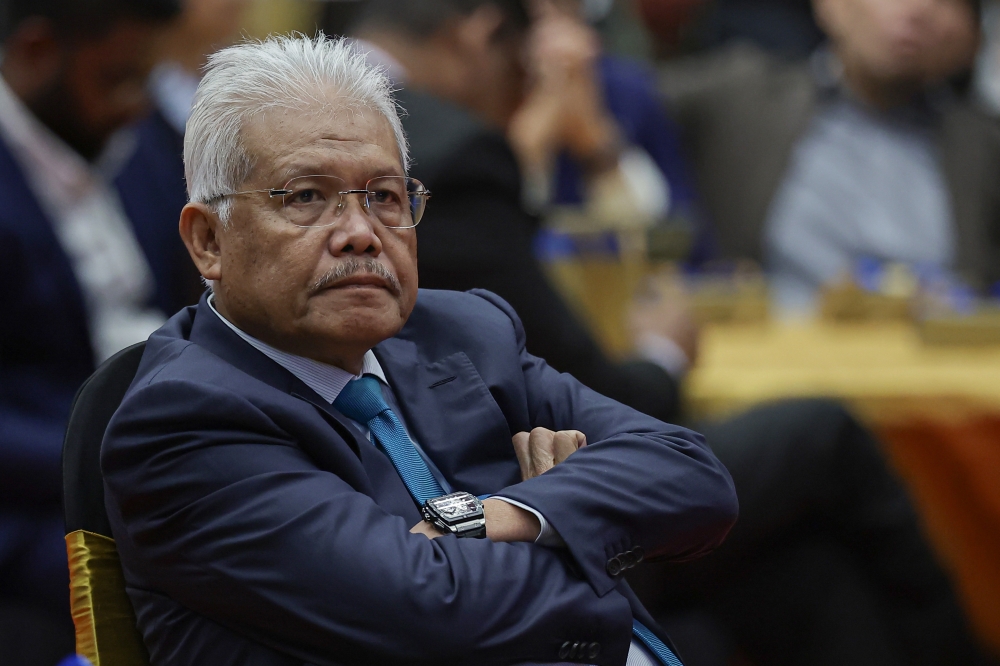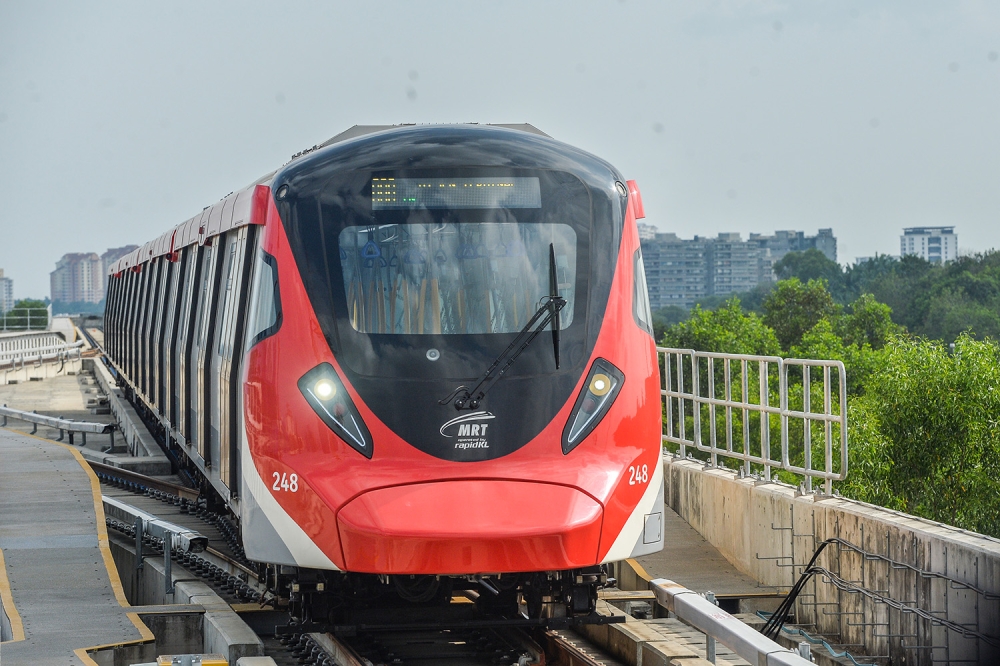KUALA LUMPUR, Feb 28 — Almost two million young Malaysians have expressed over 60,000 ideas and their vision for how the country should look like in 2050 through the National Transformation 2050 (TN50) programme that the government aims to base policymaking on.
The TN50 Youth Canvas, which Prime Minister Datuk Seri Najib Razak launched today after more than a year of dialogues and workshops, compiled the aspirations of Malaysian youth aged between 18 to 40 years old that was broken down into six cross-cutting themes — global, equitable, sustainable, united, accountable, and compassionate.
Among the TN50 participants’ aspirations is for Malaysia to be driven by a global outlook and global benchmarks in different areas, from economic to agriculture and manufacturing, and to be among the most advanced nations in the world by 2050.
In the 472-page report, some of the primary global targets proposed included Malaysia to be an exemplary Muslim-majority country that acts as a mediator between Islamic countries in dispute, and to have Malaysians holding leadership roles in international organisations such as the United Nations.
“Malaysians identify as members of a world community, focusing on solving not just local but global problems. They participate in diverse, global networks and contribute to major global forums and humanitarian efforts,” the report stated.
In striving to reduce inequalities, TN50 participants proposed to have all Malaysians be financially prepared for old age and to be protected against financial shock, illness, disability, or forced unemployment by 2050.
Youth aspired to see the growth and development of the nation to be well-balanced and to be distributed fairly across geographies by 2050.
A security net was also among the proposed ideas, whereby, “a strengthened and comprehensive social safety net is available to all who need it. Malaysia sets a reasonable and broad definition for acceptable minimum living standards and ensures that no one falls below the line, be it for household consumption or shelter or education.”
Malaysian youth wanted the country to emphasise sustainability in policies, business plans and personal decisions, which would result in Malaysia being among the top countries in terms of net carbon balance.
Sustainability also covers other areas of life, including food security, where Malaysia strives to achieve true nutrition self-sufficiency by optimising food production methods and making urban farming mainstream.
The youth also proposed zero net deforestation and for Malaysia to be a carbon neutral nation, with a vast production of renewable energy.
By 2050, TN50 participants hoped Malaysia's diversity will be seen as a source of strength and unity, where the multicultural nation will be celebrated and defended.
In achieving a diverse and united nation, young people wanted zero racial polarisation among Malaysians and for those under 21 to go through a shared experience in education and community.
Most of TN50 participants also aspired to be trilingual by 2050, with Bahasa Malaysia as a shared and uniting language, and that national schools will be the top choice for parents to send their children to.
“Malaysians of all races, religions and backgrounds work, play, learn and live together peacefully. Malaysians share a strong common bond and strive to build mixed communities that are cohesive and resilient. Diverse groups of citizens achieve greater things together — in school, work, business, sports, the arts, governance, politics and all other areas,” stated the report.
With shared experience comes accountability, where by 2050, TN50 participants hoped the principle would be adhered to at every level of society. They also wanted Malaysians to acknowledge their respective duties and to take responsibility for their decisions and actions.
In achieving so, young people hoped that Malaysians would be lifelong learners who are accountable for their own life-long education.
Some of the proposed targets also included having retirement savings and ranking among the top 20 countries for low prevalence of obesity. Malaysia is currently the fattest country in Asia.
As Malaysia is a diverse community, youth aspired to see Malaysians be a compassionate society with a caring collective spirit, where respect and courtesy are recognised and upheld as a core value by all.
“Despite differences in opinions or beliefs, Malaysians interact and relate well to each other, able to debate constructively and courteously both offline and online.
“Dialogues are commonplace. Beyond inter-ethnic and inter-faith dialogues, Malaysians embrace a culture of moderation and discussion on other topics, to listen and speak together in a continual effort to understand and reach solutions,” said the report.
The six themes were some of the youth aspirations received throughout the one-year youth engagement with the Youth and Sports Ministry, which are described by subject matter in the report for ease of reference among policymakers and the public.
The bottom-up mass grassroots approach to be included in the long-term policy planning had involved 135 district-level dialogues with over 100,000 attendees at 16 of the ministry-led dialogues and workshops across the country.


